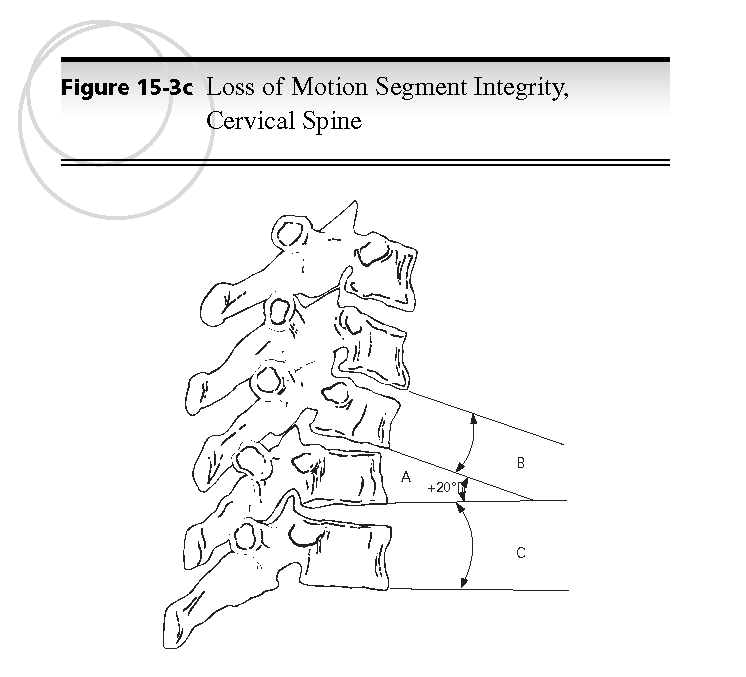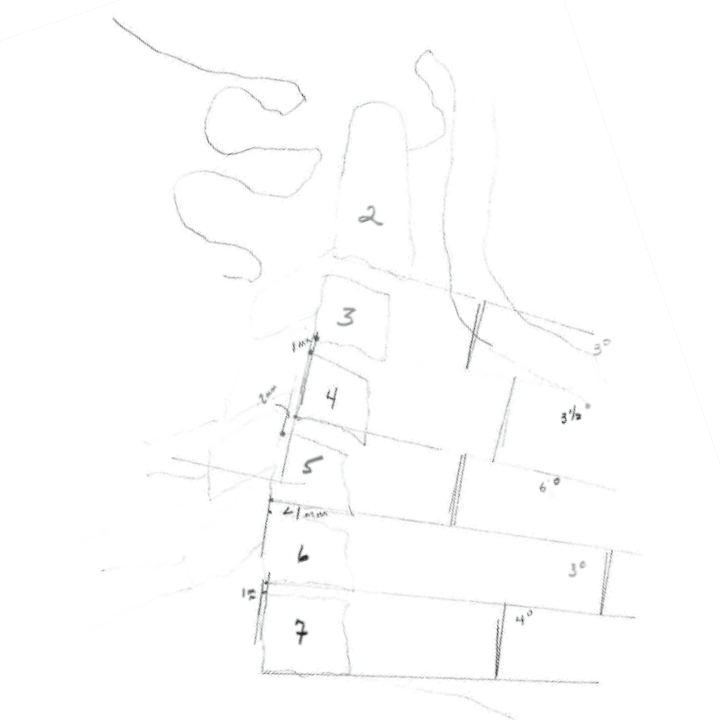Professional Defense Witnesses
Read more about prominent defense expert witness Dr. Earl Peeples here
“It is difficult to get a man to understand something when his salary depends on his not understanding it.” —Upton Sinclair (1878–1968)
One common tactic that Arkansas insurance companies often employ is hiring professional defense witnesses. There are a handful of Arkansas doctors who have decided to become professional witnesses for the insurance industry by testifying against injury victims. These professional witnesses usually make one of three claims about a case:
The injury victim is faking or exaggerating her symptoms;
The treating doctor mistreated or over treated the injury victim;
The treating doctor performed adequate treatment, it just wasn’t related to the wreck or incident as the injury victim claims it was.
Most of the time, the professional defense witness does not even examine the injury victim, but instead reviews the victim’s medical records and forms some opinion that contradicts the treating doctor’s findings (who did actually examine the injury victim).
Why is such an examination important? The AMA Guides to the Evaluation of Permanent Impairment (5th ed. AMA Press 2001) tells us, as follows:
Professional witness who never examine the patient do not correlate clinical symptoms with imaging findings. Instead, they usually muddy the water by trying to make an injury victim’s imaging findings seem like everything is one big coincidence. Here is how.
Why do some doctors abandon their oath to ethical medicine and testify the same way against thousands of injury victims? Because the pay is very, very good. These doctors turned professional witnesses charge $625/hour and up to review medical records and give court testimony. They make tens of thousands of dollars on each case and hundreds of thousands of dollars per year.
These professional witnesses have been shown to do nearly anything to fit their paymaster’s narrative about the injured person in question. For example, compare the way the AMA Guides says to measure spinal impairment on the left below versus the way one frequent flyer defense radiologist does it on the right (click here for a more in-depth discussion of the method in which the AMA Guides says to measure x-rays):
See how the lines come out from the bones on the Figure 15-3c example from the AMA Guides on the left, as opposed to going through the C4 bone on the right? These are the type of deceptions professional defense witnesses routinely bring into the courtroom to deceive juries, and actually occurred in one of our cases.
An Arkansas Worker’s Compensation Commissioner recently stated the following about one of these professional defense witnesses:
This Commission is familiar with Dr. Peeples in that we see his reports in many of the cases presented to us for determination. In these cases, Dr. Peeples rarely provides any actual treatment to injured workers. Rather, his opinions are generally sought by the respondents who wish to develop some medical opinion in contradiction of the claimant’s treating physician. Dr. Peeples is apparently obliging in this regard in that his opinions almost invariably state the claimant’s condition is not associated with their job related injury and that no particular treatment option is available for them to improve their condition. In this case, Dr. Peeples did not even see the claimant. Rather, his evaluation, such as it was, consisted solely of his review of the claimant’s medical records.
In 2004, the professional witness mentioned above sent a marketing letter to 400 insurance companies and workers’ compensation employers, in which he sought business for his professional witness practice. His business has grown since then, and he made over $1,200,000 from 2003–2010 testifying against injury victims (over $291,000 in 2010 alone). From 2007–2011, he testified over 90 times, and he disagreed with the treating physician every single time.
This particular witness claims he is so experienced he does not need to follow the protocols established by the American Medical Association to evaluate permanent impairment. Instead, he claims that just by holding x-rays up to the light, he can determine whether someone has a permanent injury. This particular witness also likes to play word games and will claim that he gives “testimony” for injury victims all the time. The trick is, he defines “testimony” as any affirmation of a fact, and says that his chart notes in a patient’s file count as testimony. Besides the fact that this doctor barely practices medicine anymore given his lucrative and busy professional witness schedule, these word games bring to mind some other, more common definitions:
Mercenary (noun): any person who will do anything for money (Webster’s New World Dictionary of American English, 3rd College Ed. 1991)
Prostitute (verb): to sell one’s moral intergrity for low or unworthy purposes (Webster’s New World Dictionary of American English, 3rd College Ed. 1991)
While this particular doctor is not the only professional witness in Arkansas, he is the most notorious and prolific. It is unfortunate, but insurers continue to hire professional defense witnesses because juries are sometimes taken by false and repetitive testimony.
Fortunately, advances in medical science over the past 15 years have given us a better understanding of many types of common injuries, and new medical technology tools can objectively determine whether someone is actually hurt. The attorneys at the Chaney Law Firm continue to fight these types of professional witnesses and the insurance companies that hire them.




